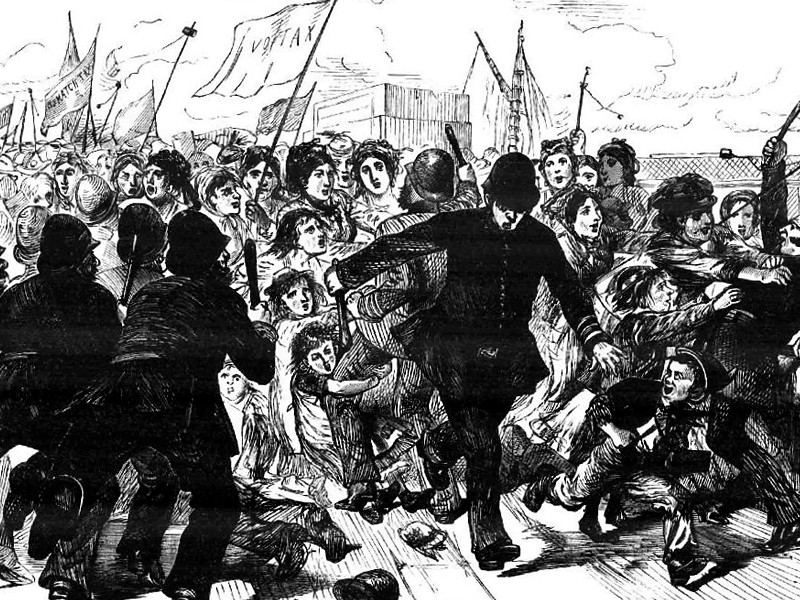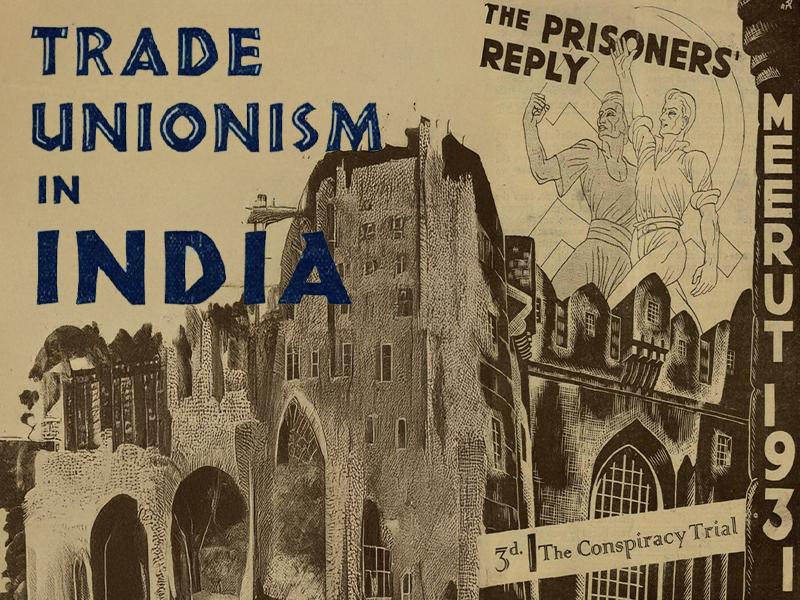
Trade Unions in Crisis: the 1961 ETU Ballot-Rigging Scandal

ETU ballot-rigging trial proceedings
The High Court judgment condemning the former Communist leadership of the ETU of ballot-rigging on a massive scale was, and remains, a historic...landmark in British trade unionism.The Guardian
Access the full collection
Access the full archive of Trade Unions in Crisis: the 1961 ETU Ballot-Rigging Scandal.
Institutional Free Trial
Start your free trialRegister for a free 30-day trial of Trade Unions in Crisis: the 1961 ETU Ballot-Rigging Scandal, for your institution.
Institutional Sales
Visit Sales PagesellFor more information on institutional access, visit our sales page.
Already have a license? Sign in.
Study the extent of communist influence in post-war British trade unions

The ETU ballot-rigging trial was a case brought to the High Court by prominent union members John Thomas Byrne and Frank Chapple in 1961. They alleged that members of the Communist Party of Great Britain (CPGB) had engaged in "a conspiracy to defraud" in the most recent elections of the Electrical Trades Union (ETU), a relatively successful body that represented electricians, wire fitters, and telephone engineers. The judge ultimately ruled in the plaintiffs' favour.
This collection contains verbatim transcripts of the court case. The transcripts provide a unique insight into the CPGB’s influence in the post-war trade union movement.
The collection is accompanied by three contextual essays written by Professor Kevin Morgan, a senior academic at the University of Manchester.
Contents
Trade Unions in Crisis: the 1961 ETU Ballot-Rigging Scandal...
ETU ballot-rigging trial proceedings
Discover
Highlights
Insights
- Like other orthodox communists, the CPGB believed that trade unions were an important site of workers’ political consciousness and power. As such, they spent a great deal of resources attempting to gain positions of influence in union bureaucracies.
- In the late 1950s, the ETU had a membership of over 240,000. It was controlled by a CPGB-aligned leadership headed by Frank Haxell. In 1959, Jock Byrne, a catholic and staunch anti-communist, ran against Haxell for the position of General Secretary.
- Haxell won, but allegations of foul play and ballot-rigging soon emerged. A former CPGB member, Frank Chapple, eventually disputed the election results in court on behalf of Byrne.
- The court papers from the trial are included in this collection. They detail the intricacies of union rules and the arguments of the prosecution and defence, as well as key witness testimony from those with first-hand experience of the scandal.
- The High Court considered the case in the spring and summer of 1961. Evidence was presented which suggested officials affiliated to the CPGB had disqualified votes from local ETU branches that had overwhelmingly supported Byrne. In June, the court ruled that Haxell and 14 others were guilty of fixing the election.
- After the verdict, the ETU banned CPGB members from holding office. Most subsequently left the party rather than lose their jobs. More broadly, the trial struck yet another blow to the leadership of John Gollan, which had been undermined by the fallout of the 1956 Hungarian Revolution.
Unlock Historical Research for Your Institution
Provide your students and researchers with direct access to unique primary sources.
Related Media


The Departments of the Communist Party of Great Britain: A Detailed Guide Contextual Essays
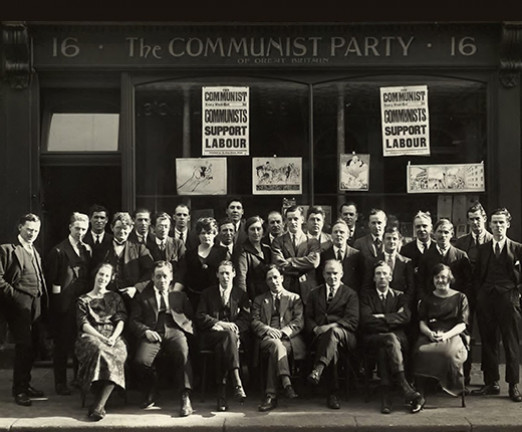
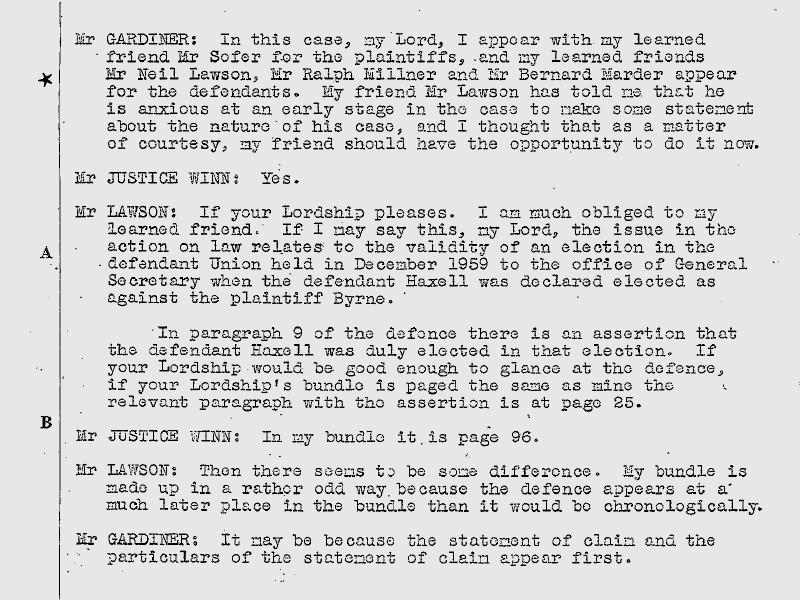
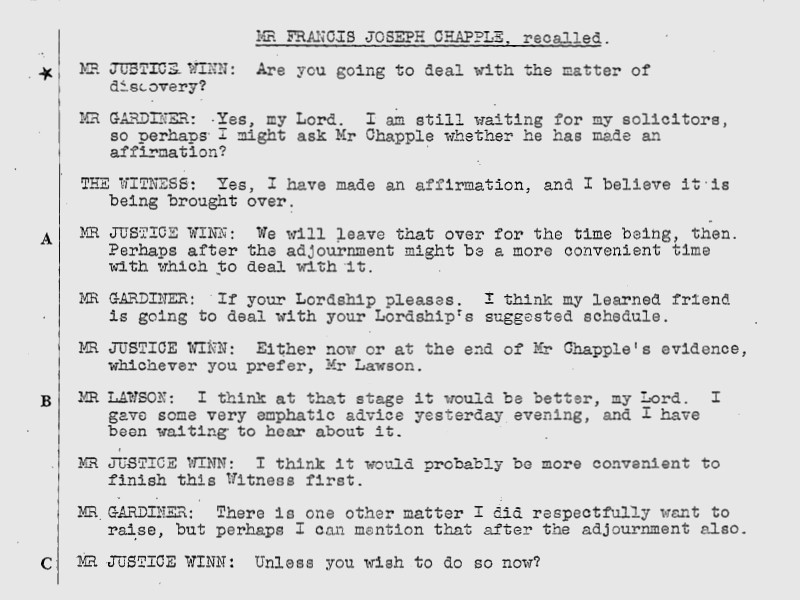
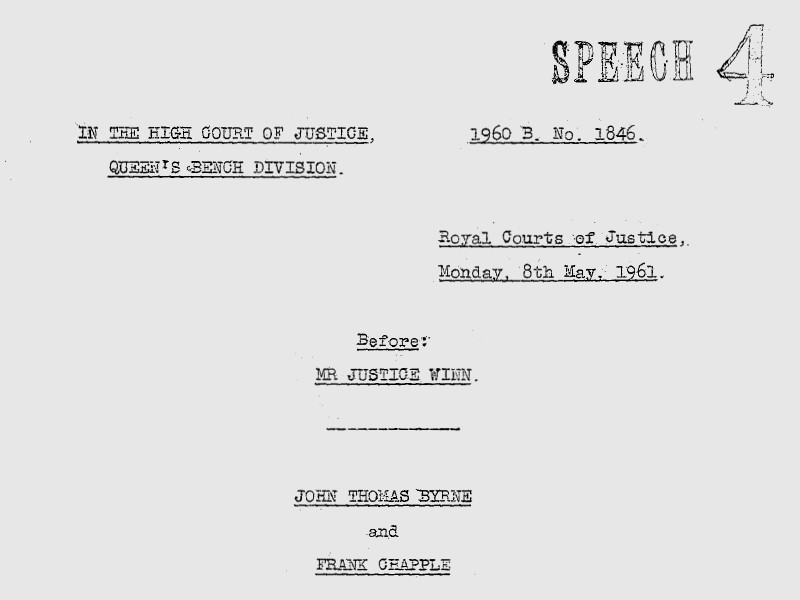
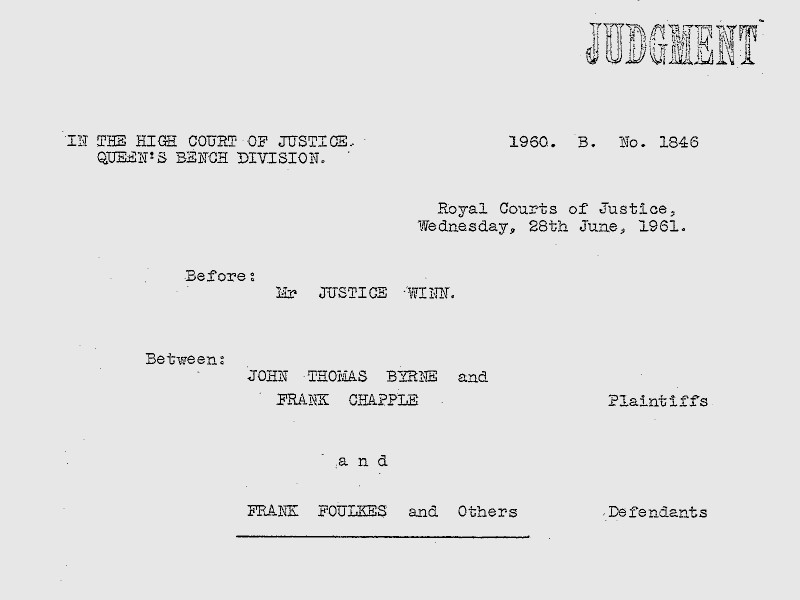

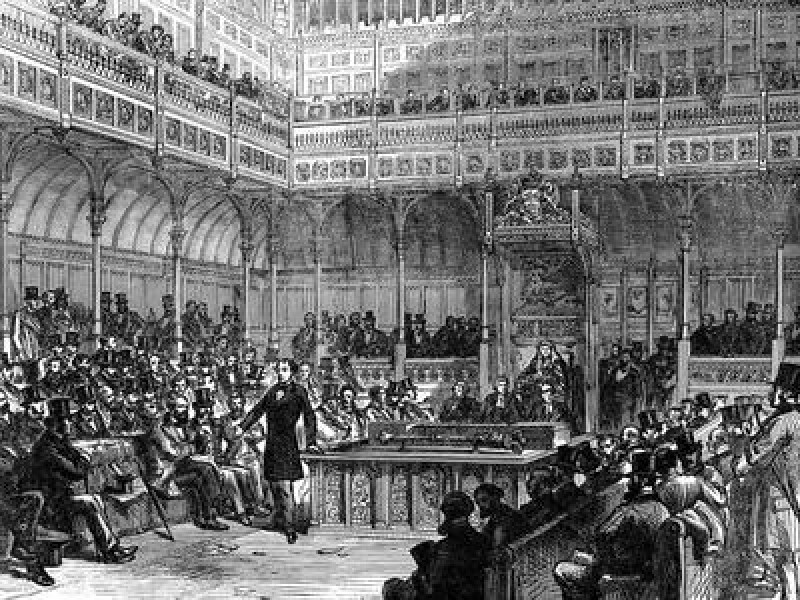
-colour.svg)


